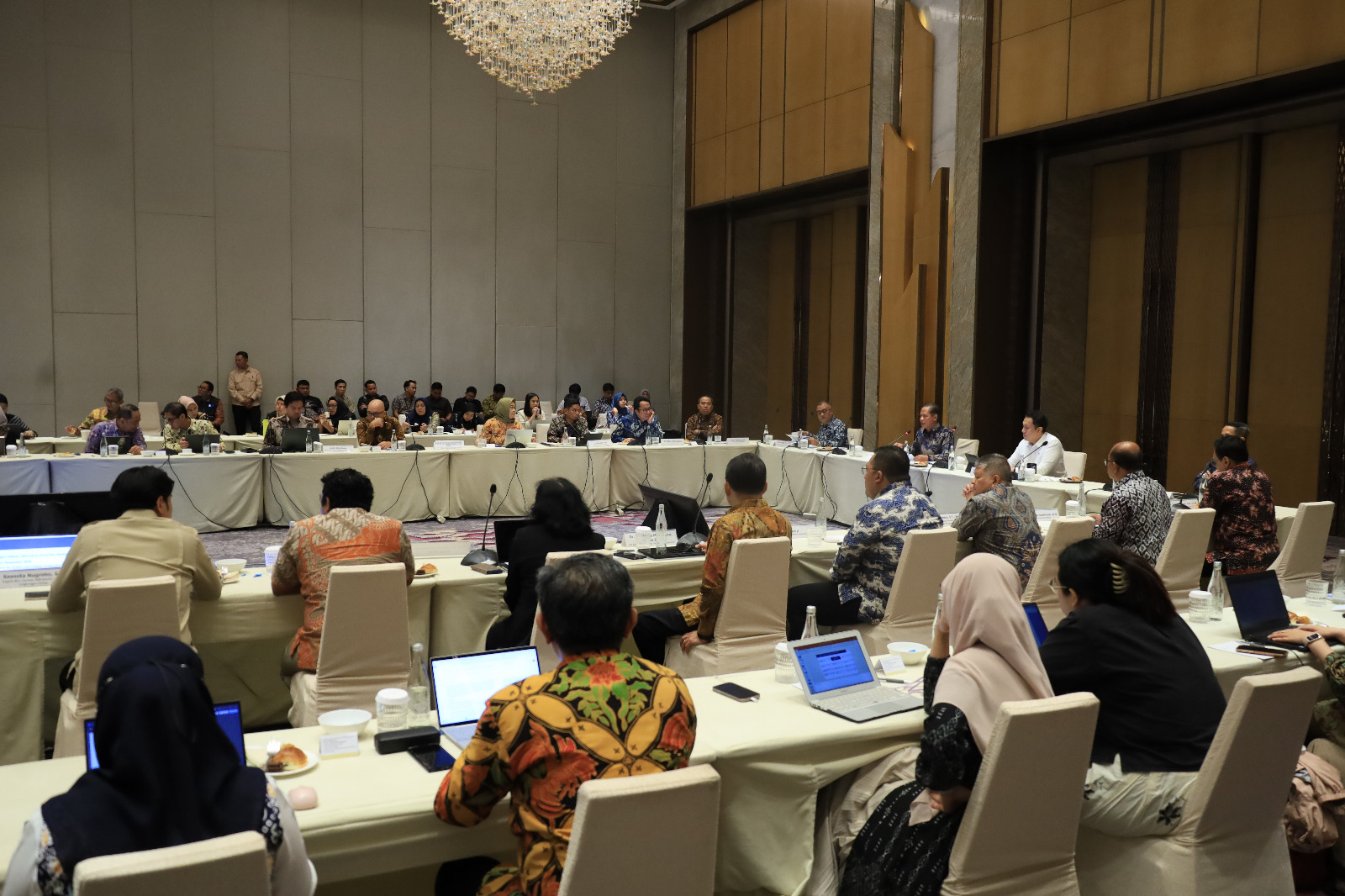
Product walkthrough, trial, POCs, enterprise offering, support and more. Speak with one of our specialists.


Product walkthrough, trial, POCs, enterprise offering, support and more. Speak with one of our specialists.

Policy and industry News

Indonesia has once again underlined its commitment to tackling the global climate crisis. The government is finalizing the Second Nationally Determined Contribution (Second NDC), a strategic document that will guide national climate policy for the 2031–2035 period.
Minister of Environment and Head of BPLH, Hanif Faisol Nurofiq, emphasized that the Second NDC is not just an administrative report, but a roadmap toward a fairer, cleaner, and more sustainable Indonesia.
“The Second NDC is not just a report, but a roadmap to a greener and fairer future for all,” said Minister Hanif in an official press release.
This document also represents Indonesia’s response to the global mandate from the COP-28 climate summit, which targets a 60% reduction of greenhouse gas emissions by 2035 compared to 2019 levels. Indonesia’s own target is to cut emissions by 459 million tons of CO₂e.
The Second NDC highlights several key sectors reflecting collective efforts:
Energy
The energy sector contributes more than half of national emissions. The government aims for a renewable energy mix of 27–33% by 2035, combined with energy efficiency measures and a push for electric vehicles. This is a crucial step toward a cleaner, low-emission energy system.
Forestry and Land Use
Through the Forestry and Other Land Use (FOLU) Net Sink 2030 commitment, Indonesia is working to make its forestry sector a net carbon sink, achieved through reduced deforestation and accelerated forest restoration.
Waste and Agriculture
With the principle of Zero Waste Zero Emission 2050, the waste sector will transition toward sustainability, while agriculture will adopt adaptive and eco-friendly approaches to safeguard national food security.
Marine and Coastal
Marine ecosystems such as seagrass meadows and coral reefs will be protected and restored. Blue carbon from the ocean has significant potential for emissions absorption and coastal resilience.
To ensure transparency and public monitoring, the government is strengthening the National Registry System (SRN), which allows people to track climate policy progress in real time.
The Climate Village Program (ProKlim) has reached more than 5,000 villages and aims to expand to 20,000 by 2035. Community participation is key to enhancing local resilience to climate change.
“Climate change is a shared issue. We are all affected, and we can all contribute,” said Minister Hanif. “Let’s make the Second NDC a collective movement.”
Implementation of the Second NDC requires standardized, transparent, and evidence-based monitoring and reporting systems. Digital technology — including satellite monitoring, geospatial information systems, and MRV (Measurement, Reporting, Verification) platforms — plays a crucial role in accurate reporting and effective policy.
Data integration from both governmental and non-governmental actors through the SRN enables more measurable and consistent tracking of mitigation contributions. Technology partners will also provide spatial data, emissions modeling, and technical support to strengthen implementation capacity at national and subnational levels.
Forestry Minister Raja Juli Antoni highlighted the need to balance ambitious targets with realistic implementation plans. Climate targets must be achievable, not just promises.
“We must be honest about our national capacity, while maintaining our commitments on the global stage,” he said.
He also stressed that drafting the Second NDC must be inclusive and technocratic, with each sector contributing strong and transparent data to ensure targets are feasible.
The Institute for Essential Services Reform (IESR) provided critical input, noting that Indonesia’s current climate targets are still considered “critically insufficient” by the Climate Action Tracker. This means they could lead to a global temperature rise of more than 4°C — far beyond the safe limit of 1.5°C.
IESR recommendations include:
IESR also emphasized the need for transparent climate finance, phasing out fossil fuel subsidies, and ensuring protection for vulnerable groups in the transition to a green economy.
The Second NDC is a major opportunity — not only to cut emissions, but to build a fairer economy, cleaner energy, and more resilient communities. It is not just a plan on paper, but a call to action.
Government, private sector, and society all have vital roles to play in strengthening Indonesia’s climate resilience.
For organizations and individuals seeking measurable contributions, Jejakin provides technology-driven climate solutions:
With Jejakin, you can be part of the change — from making greener workplace decisions to supporting conservation projects. Together, let’s make climate action real, measurable, and impactful.






















Jejakin’s green programs combine high-tech monitoring, biodiversity restoration, and community-led initiatives to deliver powerful, sustainable change across ecosystems.








